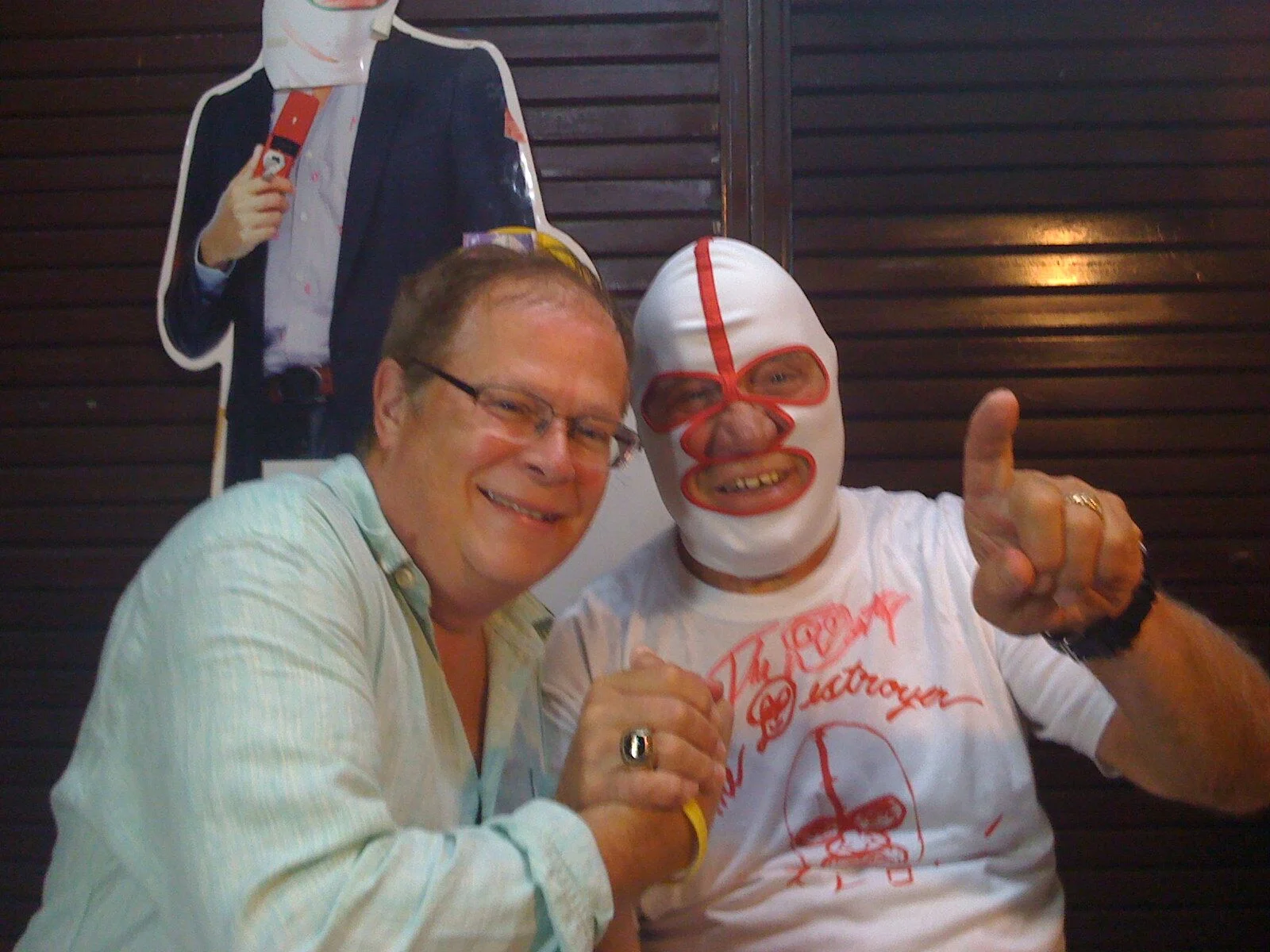



The World in a Street
The World in a Street
The World in a Street
The World in a Street

The Book
The Book
The Book
The Book
The Azabu High Street is a memoir about a street — a very ordinary but at the same time a very captivating street in the heart of Tokyo, where the author, an American ex-pat executive, lived for five years, from 2005 to 2010. On one level, this is a story about globalization, seen through the prism of the wrenching changes that were happening in the street, and how those changes impacted, and were impacted by, Japan’s highly insular society. The series of chapters takes the reader on an intimate journey through the street’s businesses and the lives of their owners who were struggling to keep tradition alive in the early years of this century, under pressure from the global economic crisis and their own cultural inertia.
The narrative is enlivened by the colorful historical account of the first US consular officer to Japan, the New Yorker Townsend Harris, who lived in a temple in the street in the mid-19th century, after negotiating the trade treaty that opened Japan to the world. His journals, and those of his interpreter, a young Dutchman who was assassinated in 1861 outside the temple gates by rebellious samurai who wanted the Western barbarians out of their country, inform the narrative with this fascinating story of the birth of globalization, 150 years ago, in counterpoint to the contemporary events and observations.
But The Azabu High Street also tells of the author’s own very personal quest, that of a global citizen who spent most of his adult life outside the US, and who is driven to try to get beneath the surface of life in his adopted neighborhood. The author conducted more than a score of interviews, with shopowners, many of whom were shuttering their businesses during the time he lived there; with the president of the local retail association, whose job it was to attempt to preserve the character of the neighborhood; with an American masked wrestler, The Destroyer, who was a minor celebrity in Japan in the 1970s; with a bankrupt billionaire who once owned much of the property in the neighborhood and who was briefly, during the 1980s, the 6th richest man in the world; and with Naoto Takeuchi, the author of the manga comic Sailor Moon, who lived in the street while writing the work that made her internationally famous but who now lives as a happily married housewife... All these stories inform the fabric of the book’s narrative.
A unique combination of cultural insights, woven together with lively historical anecdotes and intense personal experiences, makes The Azabu High Street a compelling record of how cultural tradition must struggle to transcend the forces of globalization and homogenization.
ORDER The Azabu High Street e-book from Amazon here

The Author
The Author
The Author
The Author
An advertising executive who spent most of his adult life and career outside the US, John Malory McNeel lived in Tokyo, Japan from 2005 until 2010. While overseeing the global account of one of the leading Japanese automotive brands, he began to document the story of the street he lived in, the main shopping street (or shoten gai) of the Azabu Juban district in the heart of Tokyo. His journey up and down the street and his quest to get beneath the facades of the businesses operating in the neighborhood -- in some cases traditional family shops and restaurants stretching back generations -- form the narrative and fabric of The Azabu High Street. The forces of globalization -- one of the early agents of which, the 19th century American diplomat Townsend Harris, who also lived in the same neighborhood 150 years earlier -- form the backdrop for this story of cultural conflict and economic integration. The author is seen here in August 2009 at the annual Azabu Juban Matsuri festival in the company of American masked wrestler Dick Beyer, who became a celebrity in Japan in the 1960s as The Destroyer.
